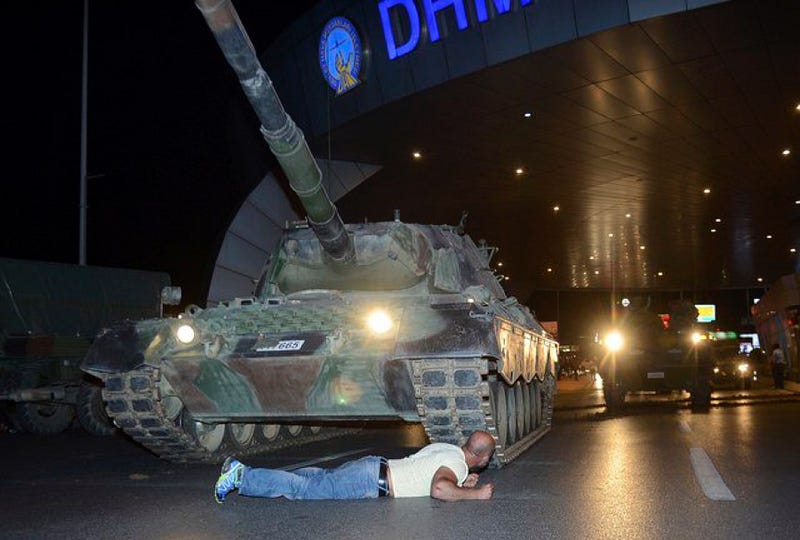BY GEORGE FRIEDMAN
JULY 12, 2016
The Chilcot report harshly criticized Tony Blair and, by extension, George W. Bush and the United States. Many reading the report—and others before the report was published—concluded that the invasion of Iraq was illegal under international law.
I don’t intend to discuss Iraq here. Everyone knows now that we should either have not gone to war or gone with greater force. Most people today agree that the execution of the Iraq war was deeply flawed—even those who forgot to say so or endorsed it at the time.
All wars are subject to withering scrutiny after the fact, and there is little I can add on that subject.
What the UN Charter Says about War
Rather than rehashing Iraq, I think it is more important to consider the notion of legal and illegal wars. The question of legality is based on the United Nations Charter, which all member nations have agreed to by treaty. That treaty is legally binding.
Articles 39, 42, 46, and 51 explain the way in which the Security Council decides whether war is legal or illegal. These clauses are important. (See sidebar.)
According to the charter, all war-making power (except the immediate defense of a country under attack) is in the hands of the UN Security Council. It must oversee pre-war negotiations, impose sanctions, or take military action, with the assistance of the Military Staff Committee.
This committee is made up of the chiefs of staff of the council’s permanent members: the US, the UK, France, Russia, and China.
From the US point of view, the constitution makes the president Commander in Chief of the armed forces. All constitutions make clear which office has control of military forces.










